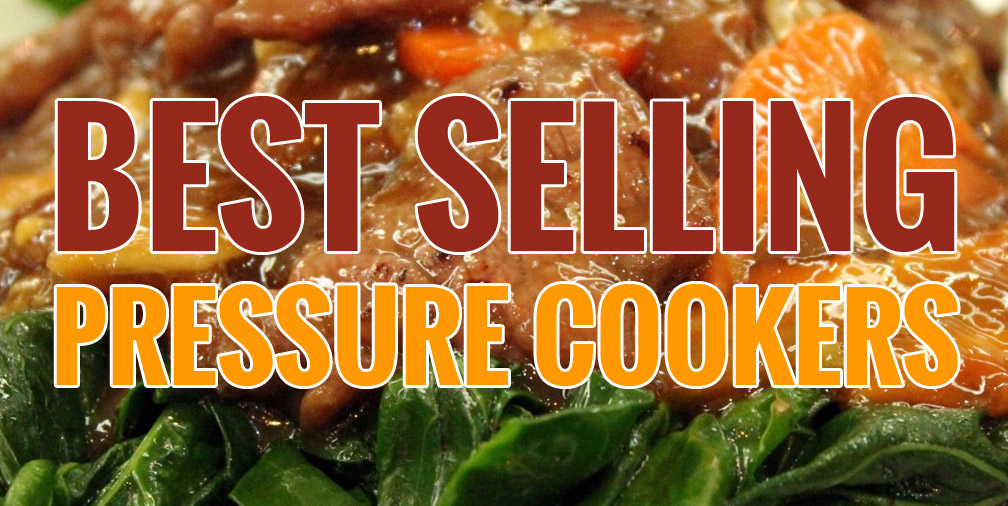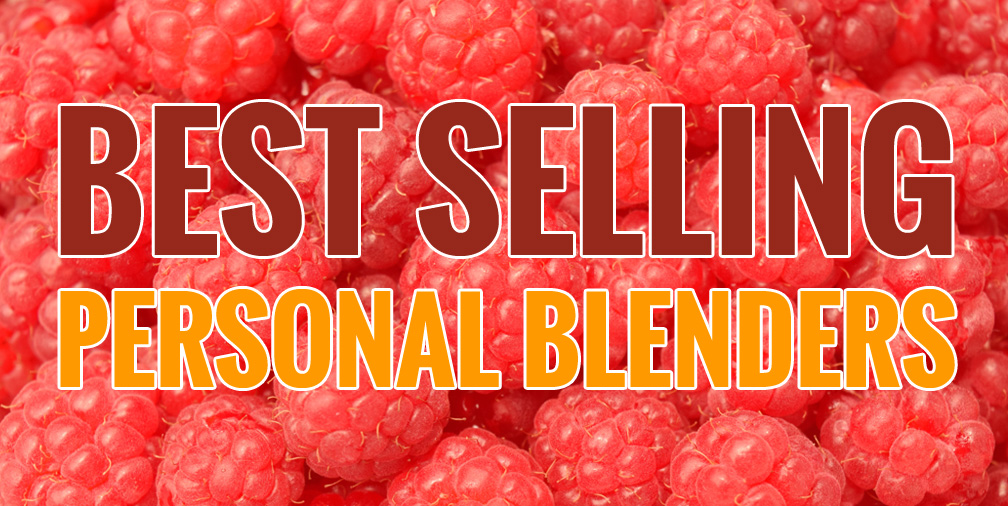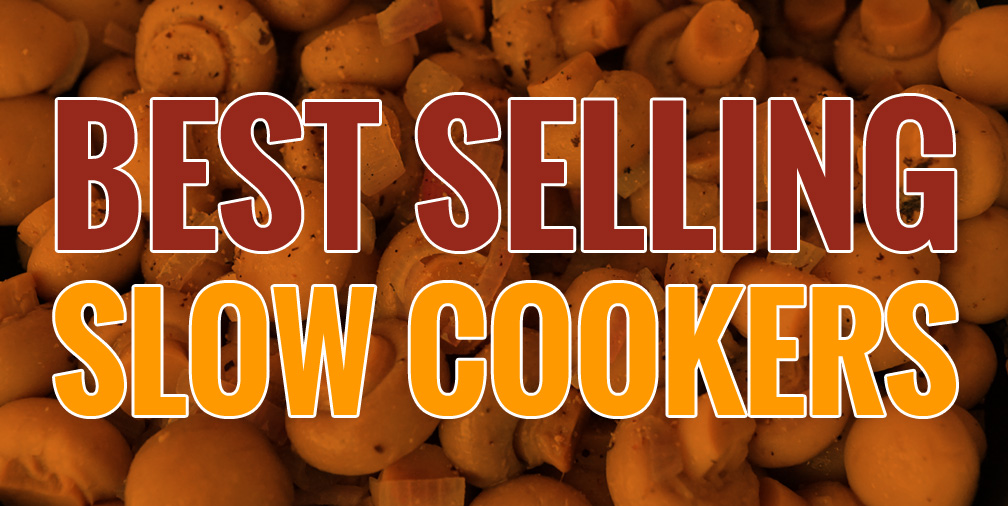At Kitchen & Cook Shop we have found that vinegar has many uses in the kitchen and home so in this article we have gathered together some great tips and advice on how you can make use of vinegar in your cooking and when cleaning your kitchen.
In most cases you will want to use white distilled vinegar, but when using vinegar in cooking you may opt for a different specialty vinegar to add flavour if the application suggests so.
Food and Cooking with Vinegar
Cooking fish
Try soaking fish in vinegar and water before cooking it. You will find that it will be sweeter, more tender and hold its shape better. When boiling or poaching fish, a tablespoon of vinegar added to the water will keep it from crumbling so easily.
Icing cakes
Cake icing can be prevented from becoming sugary if a little vinegar is added to the ingredients before cooking. The same is true when making homemade candy.
Boiling eggs
If you are boiling an egg and it cracks, add a little vinegar to the water and it will prevent the white from escaping into the water.
Keep potatoes white
Try adding a teaspoon of white distilled or cider vinegar to the water in which you boil potatoes. This will keep them white and looking lovely. You can prevent peeled potatoes from turning dark by covering them with water and adding 2 teaspoons of vinegar.
Freshen up wilting vegetables
Slightly wilted vegetables can be freshened up by soaking them in cold water and a little vinegar.
Washing fruit and vegetables
Wash fresh fruits and vegetables in about 500ml water that has had 2 tablespoons of white distilled vinegar. Rinse thoroughly. Research has shown that vinegar helps kill bacteria on fruits and vegetables.
Frying doughnuts
Before frying doughnuts, add ½ teaspoon of vinegar to hot oil to prevent doughnuts soaking up extra grease, but be very careful when adding the vinegar to the hot oil.
Flavour boost
Add flavour and taste to a can of soup, gravy or sauce with a teaspoon of your favorite specialty vinegar!
Meat tenderizer
As a tenderizer for tough meat or game, create a marinade of half a cup of your favorite vinegar to a cup of heated liquid, such as stock or bouillon. For steak, you may wish to use a mix of vinegar and oil. Rub well into the meat and allowed to stand for a couple of hours.
Fluffy Egg Whites
Soak a paper towel with 1-2 tablespoons of white distilled vinegar. Using this vinegar soaked paper towel, wipe the mixing bowl and whisk/beaters, then dry with a cloth or paper towel before whipping your egg whites.
Super Rice
For great tasting, fluffy rice, add a teaspoon of white distilled vinegar to the boiling water before adding rice. The resulting rice will be less sticky and easier to serve.
Emptying out jars
If you are struggling to get the last bit of mayonnaise or salad dressing out of the jar, dribble in a little of your favorite vinegar, tightly put the cap on and shake well. It will surprise you at how much you can retrieve from the jar!
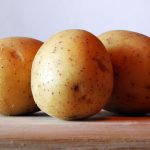
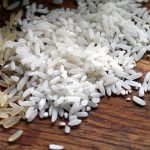
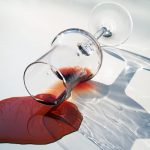

Cleaning with vinegar
Streak-free windows
Cleaning your windows with vinegar will make them shine! It will not leave streaks on the glass and is a trick that I believe many professional window cleaners still use. Mix equal parts of white distilled vinegar and warm water. Dry with a soft cloth or crumpled up newspaper.
Washing your woodwork
Washing woodwork, painted walls and Venetian blinds can be made easier by using a mixture of 200ml ammonia, 100ml white distilled vinegar and 50ml baking soda with 3.5 litres of warm water. Using this solution, wipe the walls or blinds using a sponge or cloth. Afterwards rinse with clean water. Dirt is easily removed and this technique will not dull the paintwork or leave streaks.
Wood stains
Stubborn rings on wooden surfaces as a result from wet glasses being left standing can be removed by rubbing with a mixture of equal parts of white distilled vinegar and olive oil. Rub gently with the grain and then polish for optimum results.
Metal polish
Brass, copper and pewter aren’t as common in kitchens as they once were, but cleaning with vinegar helps these lovely metals to shine. Dissolve 1 teaspoon of salt in 1 cup of white distilled vinegar and stir in plain flour until it turns into a paste. Apply this paste to the metals and let it stand for about 15 minutes. Always test in an inconspicuous area first. After cleaning, rinse with warm clean water and then polish until dry.
Remove Refrigerator Smells
Pour 250ml of apple cider vinegar into a glass and place it in your refrigerator. Within a couple of days the smells will have disappeared.
Wine stains
Small spots caused by wine can be removed from pure cotton, cotton polyester and some other fabrics if done so within 24 hours. Simply gently sponge white distilled vinegar directly onto the stain and rub away the spots. Afterwards clean the garment or fabric according to the directions on the manufacturer’s care tag.
Fruit stains
When peeling fruit, especially berries, you often find that your hands get very stained after a while. To remove fruit or berry stains, simply clean your hands with vinegar.
Make lunch boxes fresh again
To remove stale smells often found in lunch boxes, just dampen a piece of fresh bread with white distilled vinegar and leave it in the lunch box overnight.
Get rid of cooking smells
Simmer a small pot of vinegar and water solution on the stove for a while after cooking. Be careful not to forget about it though!
Other uses of vinegar in the kitchen
Vinegar as an ant deterrent
If you live in a place when ant invasions are common in your kitchen, you can often deter these pesky insects by washing all major areas of your kitchen (counter tops, cabinets and floors) with white distilled vinegar.
Make flowers last longer
Help to keep fresh flowers lasting longer by adding 2 tablespoons sugar and 2 tablespoons white vinegar to the vase of water (approx. 950ml). Trim the flower stems and remember to change the water every five days.
Get rid of fruit flies or gnats
Fill a bowl with 250ml water, 2 tbsp. sugar, 2 tbsp. apple cider vinegar and a couple of drops of dish soap in your kitchen. This will attract the fruit flies for you to then remove. If these insects are attracted to an over-ripe piece of fruit (for example), bin it to remove the source of attraction.
Essential Reading
You can find thousands of other uses for vinegar in your home by reading the following books. As you can see, vinegar is such an amazing liquid!


